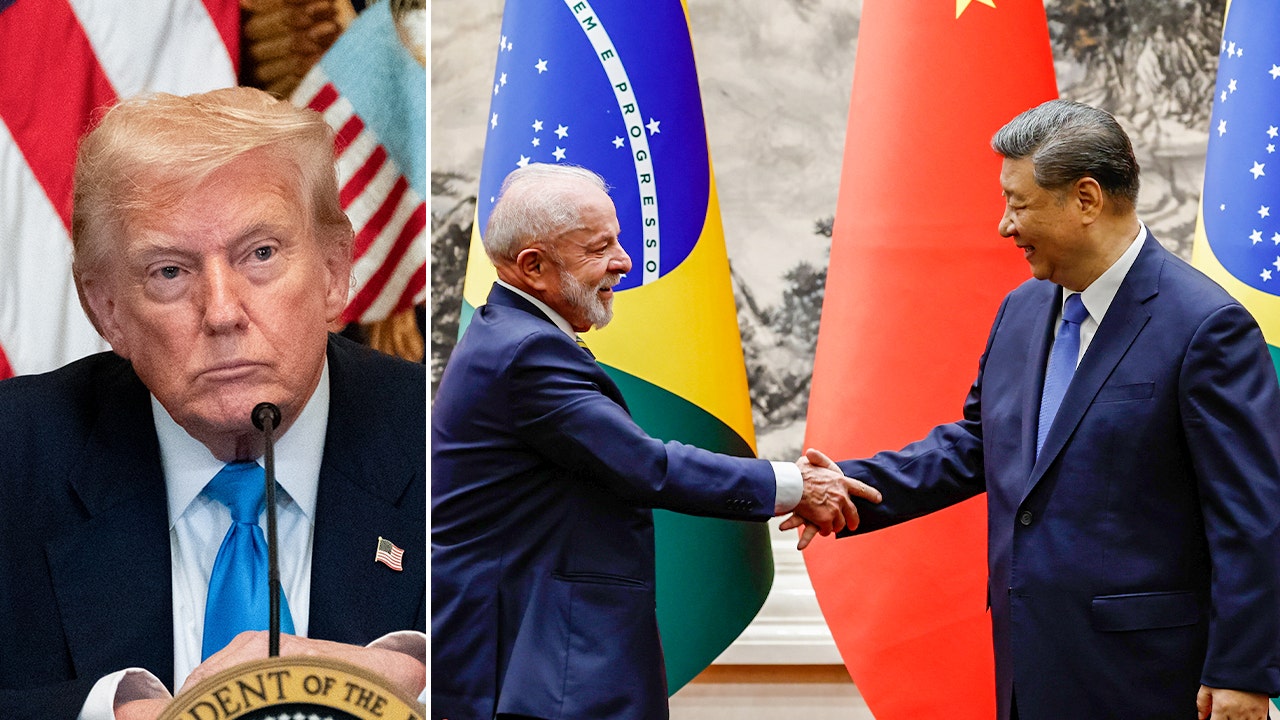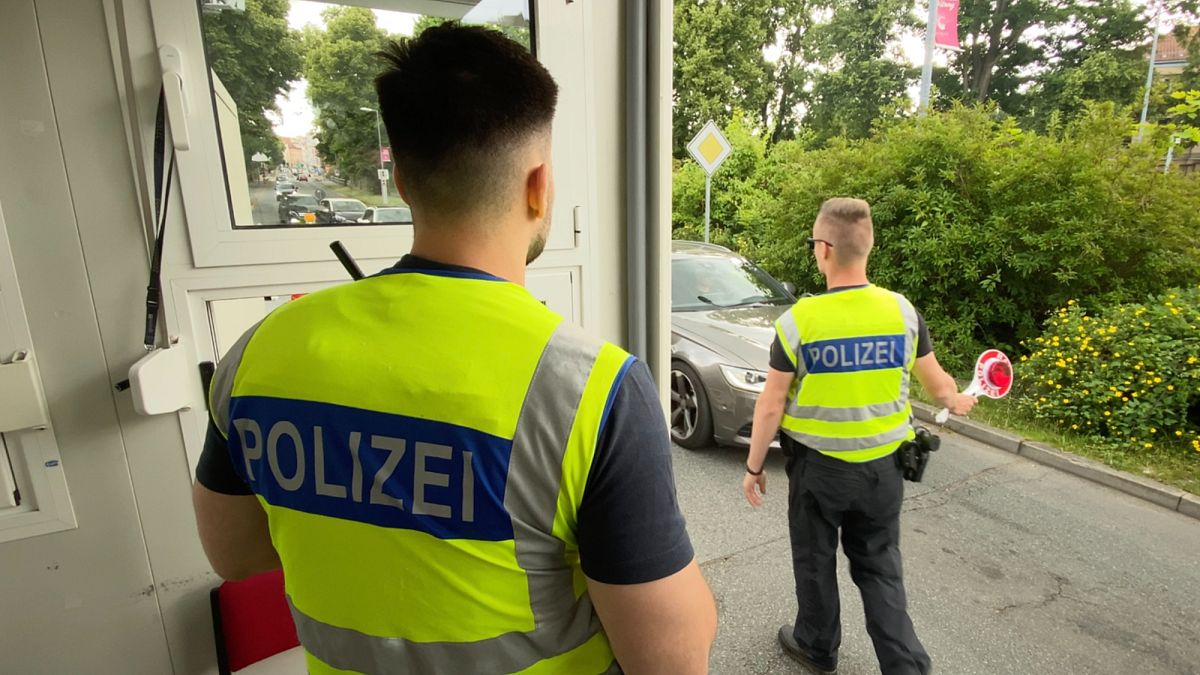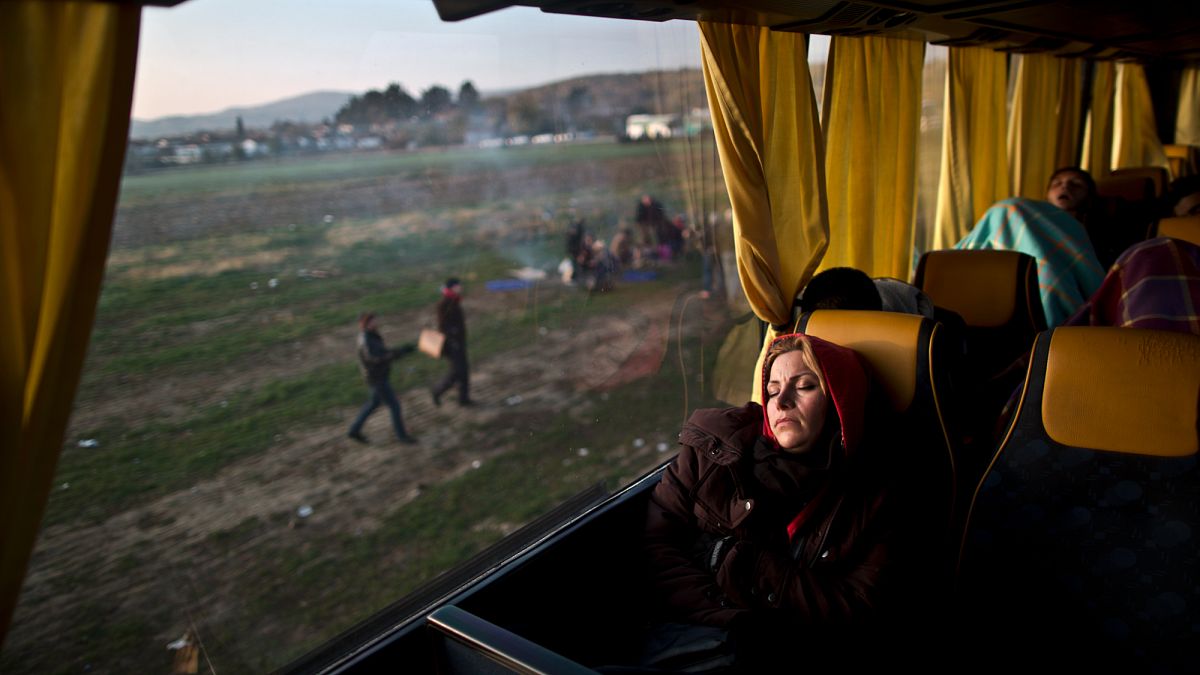Published on
•Updated
ADVERTISEMENT
A good example of the current dilemmas the Schengen Treaty is facing is to be found along the German/Polish border on the border town of Görlitz (Germany) and Zgorzelec (Poland), merely divided by the river Lusatian Neisse.
In 2023, citing its ongoing fight against illegal migration, Germany imposed temporary here as everywhere along its border with Poland. In turn, Polish authorities imposed temporary controls from July 7, 2025. Locals on both sides of the border are suffering the consequences, including huge traffic jams.
Take for instance 37-year-old data analyst Jakub Woliński. He lives and works on the German side of this border town, but he was born on the Polish side. A frequent trans-border commuter, he is at the frontline of the new reality. “There is no increased movement of people crossing the border illegally here. This is a completely unnecessary expression of distrust of the neighbors who live right across the river.”, he says.
On weekends or holidays, German controls often create havoc in streets on the Polish side. Even the Italian owner of an ice-cream parlour near the checkpoint is unhappy.
“The city becomes completely blocked. It practically makes it very difficult for us to work, because customers can’t get here by car, so those who don’t live nearby don’t come”, says Antonio Scaramozzino.
Residents on the Polish side are collecting signatures for a protest petition addressed to the European Commission. Jakub has gone even further. He has sued the German government.
“I strongly believe that the decisions of the German authorities limit my freedom of movement on the border areas. If I could talk to representatives of the German government, I would like to ask them if does bearing all these costs really justify the benefits?”
We transmit the question to the German Federal Police. They claim they are working hard to minimize the impact of their controls. But they say they have a legal mandate that so far has proven effective.
“In my department in May this year we have now reported over 175 people for not respecting the right of residence. However, we also reported 141 people for having committed other crimes”, claims Michael Engler, spokesperson at the German Federal Police
Despite those statistics, Jakub sees his lawsuit against Germany as a wake-up call for Schengen members and EU institutions to reconsider their current approach. “If we, the citizens, do not take matters into our own hands, make it clear to our governments that this is an important issue to fight for, then I fear that the Schengen area may collapse”, he says.
Is this the end of the Schengen dream?
States can indeed reinstate controls under strict conditions. The biggest legal -and symbolic- issue is not the decision itself, but its rationale and time frame, says Jolanta Szymańska, EU programme coordinator at the Polish Institute of International Affairs. She is an expert on EU migration and internal affairs policy.
“All the controls should be put on a specific time. And as the name is “temporary introduction”, it should not be like a stable situation. But in some countries, we´ve had a decade of border checks.” , she concludes.













